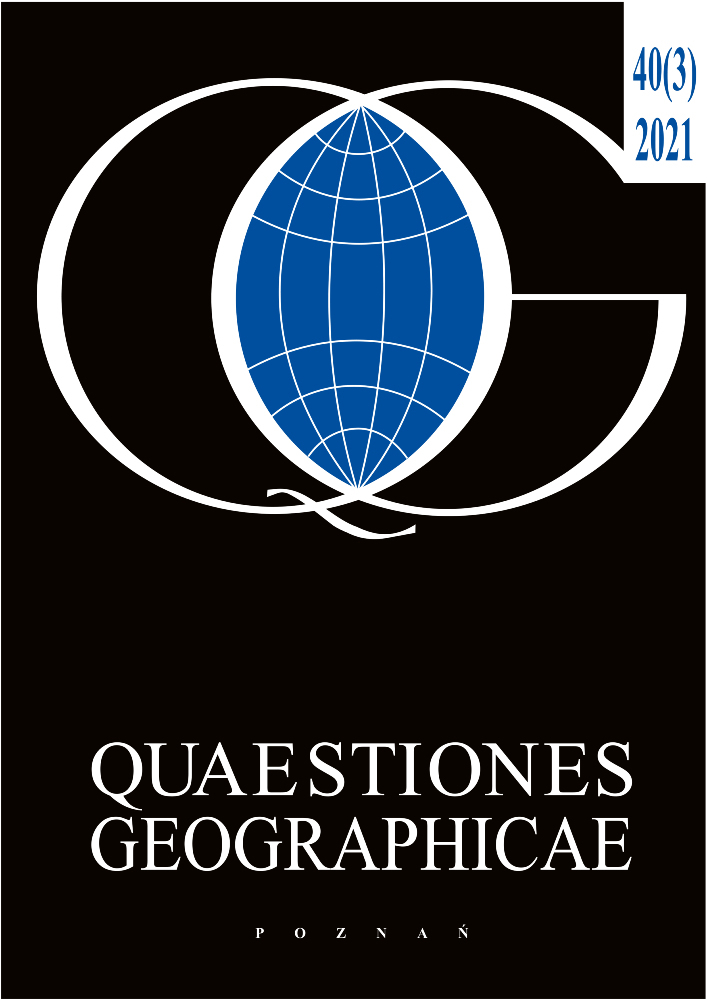Abstract
Boers (2021) wrote that, in the last century, the Atlantic Meridional Overturning Circulation (AMOC) may have evolved from relatively stable conditions to a point close to a critical transition. The claim is based on different AMOC indices, based on observational sea-surface temperature and salinity data from across the Atlantic Ocean basin. Boers’ conclusions (2021) are not based on systematic observations spanning the last and this century, but on subjective reconstructions of sea surface temperature and salinity, as accurate sea-surface and temperature data are only available over the last few decades. Additionally, the AMOC strength does not only correlate to sea surface temperature and salinity data. His as-sumption that the strength of the AMOC depends on poorly described sea-surface temperature and salinity only is not substantiated. The difficulties of estimating the sea surface temperature (SST) are highlighted in Chan et al. (2019). Even more difficult are the estimations of salinity.
References
Boers N., 2021. Observation-based early-warning signals for a collapse of the Atlantic Meridional Overturning Circu lation. Nature Climate Change 11: 680–688. DOI 10.1038/ s41558-021-01097-4.
Chambers D.P., Merrifield M.A., Nerem R.S., 2012. Is there a 60-year oscillation in global mean sea level?. Geophysical Research Letters 39(18). DOI 10.1029/2012GL052885.
Chan D., Kent E.C., Berry D.I., Huybers P., 2019. Correct ing datasets leads to more homogeneous early-twentieth-century sea surface warming. Nature 571(7765): 393–397. DOI 10.1038/s41586-019-1349-2.
Hu S., Sprintall, J., Guan C., McPhaden M.J., Wang F., Hu D., Cai W., 2020. Deep-reaching acceleration of global mean ocean circulation over the past two decades. Science Ad vances 6(6): eaax7727. DOI 10.1126/sciadv.aax7727.
Knudsen M.F., Seidenkrantz M.S., Jacobsen B.H., Kuijpers A., 2011. Tracking the Atlantic Multidecadal Oscillation through the last 8,000 years. Nature Communication 2(1): 1–8. DOI 10.1038/ncomms1186.
Mazzarella A., Scafetta N., 2012. Evidences for a quasi 60-year North Atlantic Oscillation since 1700 and its meaning for global climate change. Theoretical and Applied Climatology 107(3–4): 599–609. DOI 10.1007/s00704-011-0499-4.
Minobe S., 1997. A 50–70 year climatic oscillation over the North Pacific and North America. Geophysical Research Letters 24(6): 683–686. DOI 10.1029/97GL00504.
Parker A., 2016. Atlantic Meridional Overturning Circulation is stable under global warming. Proceedings of the National Academy of Sciences 113(20): E2760–E2761. DOI 10.1073/ pnas.1604187113.
Parker A., Ollier C., 2019. Atlantic Meridional Overturning Circulation stable over the last 150 years. Quaestiones Ge ographicae 38(3): 31–40. DOI 10.2478/quageo-2019-0026.
Parker A., Ollier C.D., 2016. There is no real evidence for a di minishing trend of the Atlantic Meridional Overturning Circulation. Journal of Ocean Engineering and Science 1(1): 30–35. DOI 10.1016/j.joes.2015.12.007.
Rossby T., Flagg C.N., Donohue K., Sanchez-Franks, A., Lillibridge J., 2014. On the long-term stability of Gulf Stream transport based on 20 years of direct measure ments. Geophysical Research Letters 41(1): 114–120. DOI 10.1002/2013GL058636.
Schlesinger M.E., Ramankutty N., 1994. An oscillation in the global climate system of period 65–70 years. Nature 367(6465): 723–726. DOI 10.1038/367723a0.
Wunsch C., 2020. Is the ocean speeding up? Ocean surface energy trends. Journal of Physical Oceanography 50(11): 3205–3217. DOI 10.1175/JPO-D-20-0082.1.

